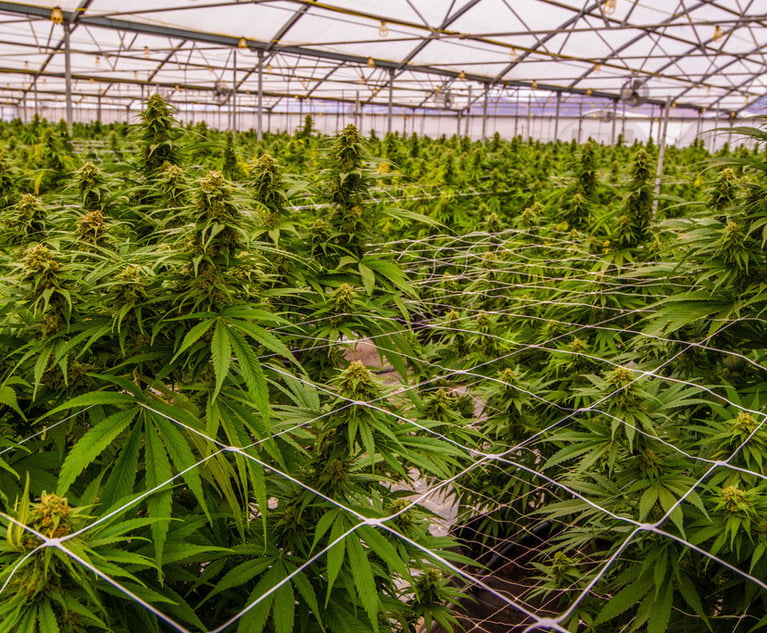In July, a young man named Tryan Trotter appeared before Judge Jack Weinstein of the Eastern District of New York, the judge who had previously sentenced Trotter for conspiring to distribute heroin. Trotter had already served his two-year term of imprisonment, but he appeared before Weinstein for a new reason: he was accused of violating the conditions of his supervised release by using marijuana and failing to comply with drug treatment orders. See United States v. Trotter, —F. Supp. 3d—, 2018 WL 3421313 (E.D.N.Y. July 13, 2018). Trotter was of course not the first defendant to smoke marijuana while on supervised release, but what made this case unique was Weinstein’s reaction to this indisputable violation. Instead of sending Trotter back to prison or issuing some other type of sentence for the violation, Judge Weinstein terminated his supervised release.
Marijuana use is becoming increasingly decriminalized for medicinal and/or recreational use. Under many states’ laws, it is legal. Nevertheless, the sale, possession, and use of the drug remain federal crimes; moreover, abstention from any drug use, including marijuana, remains a mandatory condition of federal supervised release. As Judge Weinstein recognized, because an admitted use of marijuana creates a mandatory violation of supervised release that requires incarceration, “courts may be faced with a binary choice” of “send[ing] marijuana users to jail or terminat[ing] supervision.”


 Steven Witzel and Andrew Cashmore
Steven Witzel and Andrew Cashmore




